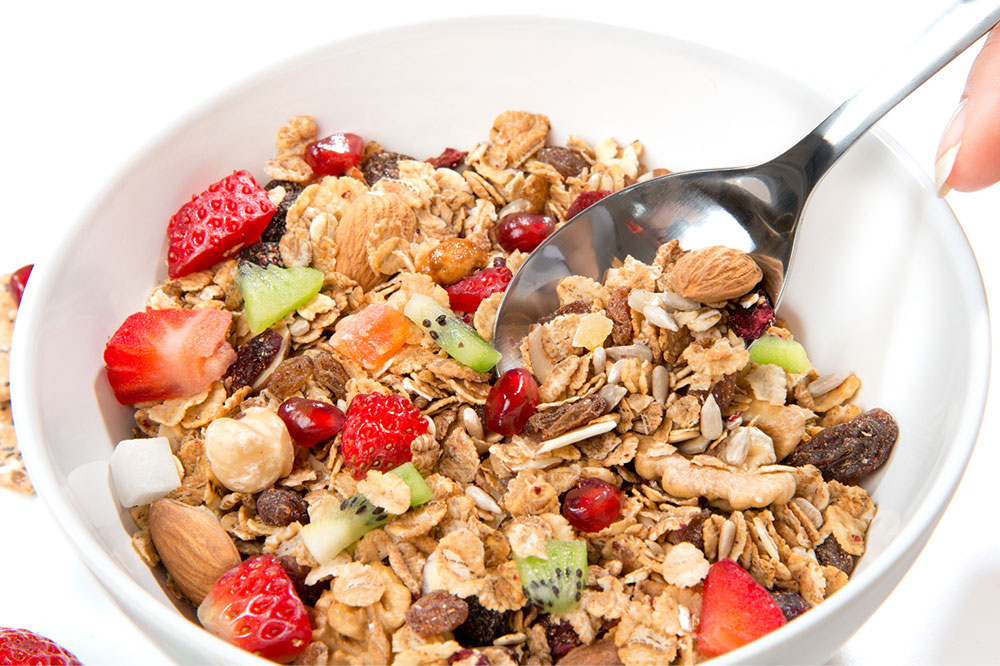12 power foods for diabetics
Research has proven that diabetes can be managed by eating right. If one has diabetes, it means their body cannot produce enough insulin. So, they need to eat healthily. Further, people who have diabetes have a higher risk of suffering from heart disease and stroke since their arteries tend to get clogged and hardened. So, following a good diabetic meal plan is essential for managing the disease and protecting overall health.

- Apples: Low in calories and high in fiber and vitamin content, this fruit is great for fighting bad cholesterol and keeping one fit.
- Avocado: This fruit should be included in diabetic diets since it consists of monounsaturated fats that slow down the digestion process and keeps one fuller for a longer period.
- Oats : A warm bowl of oatmeal tastes not only yummy but also is nutritious. High in soluble fiber, oats stay in your stomach longer and delay the rise of blood sugar levels when the stomach is empty. Most diabetic diets include oats and for a good reason.
- Beans: There are soluble fibers in beans which help in maintaining blood sugar levels.
- Quinoa : High in amino acid and protein, this is an excellent vegetarian option that should be explored since its staves of hunger and blunts glucose level spikes.
- Berries : They are full of fibers and antioxidants and are good to eat.
- Broccoli: Full of antioxidants, this fibrous vegetable fills the stomach. Plus, vitamin C content makes it more suitable as a diabetes power food.
- Carrots: Low in sugar and carbohydrate makes carrots a safe food for any diabetic diet.
- Chicken: Lean protein is extremely good since its low in fat.
- Eggs : This is cheap and a good source of protein which keeps the blood sugar levels low.
- Fish: Rich in omega 3 fatty acid, they are considered excellent for heart health as well as diabetes.
- Milk : Fights insulin resistance that is essential for diabetes. Also, consists of protein and calcium.
Disclaimer:
The content of the articles discussing symptoms, treatments, health conditions, and side effects is solely intended for informational purposes. It is imperative that readers do not interpret the information provided on the website as professional advice. Readers are requested to use their discretion and refrain from treating the suggestions or opinions provided by the writers and editors as medical advice. It is important to seek the help of licensed and expert healthcare professionals when necessary.




